A mum-of-two has accused NHS Tayside of attempting to ‘cover up’ information about disgraced former neurosurgeon Professor Sam Eljamel.
Jules Rose, from Kinross, had a tear gland removed instead of a brain tumour by Prof Eljamel at Ninewells.
She has suffered from PTSD since the botched operation in 2013.
And she is now adding to calls for a public inquiry to get answers about supervision of the surgeon after issues were highlighted.
Ms Rose believes there was “internal bias” and “a public inquiry is essential because this could happen to anyone”.
NHS Tayside say they’ve apologised to her and outlined other actions they’ve taken in response to a Scottish Government review into the issue.
Ms Rose spoke out as an internal Scottish Government report on the issue was leaked to the BBC this week.
It’s claimed the report says the health board repeatedly let patients down.
It also is claimed to outline failures in the way Prof Eljamel – who hasn’t worked in NHS Tayside since 2013 – was supervised and the board’s communication with patients.
After meetings with health secretary Humza Yousaf, NHS Tayside and an apology from the health board, Ms Rose still has unanswered questions.
‘Grind me down’
Recent dealings with NHS Tayside have, she says: “Made me feel I’m in an abusive relationship with NHS Tayside.
“They are trying to play mind games, grind me down so I go away.
“They issued an apology to me. But it doesn’t address what I’ve been through.”
‘Stinks of a cover up’
She believes information about the disgraced surgeon’s supervision, and the role health board bosses played, need to be made public.
Now she’s submitting a Freedom Of Information request to try to get clarity on what clinical governance health board bosses carried out.
She adds: “What concerns me is the lack of answers and acknowledgement.
“To me, that stinks of a cover up.
“I think there is internal bias and the public inquiry is essential because this could happen to anyone.
“We’re not just talking about failure at practitioner level now – it goes a lot bigger than that.”
Public enquiry
MSP Liz Smith is also making calls for an independent public inquiry.
In a letter to Mr Yousaf she says: “l do not believe the investigation to date has provided the answers which the former patients of Professor Eljamel deserve.”
Ms Rose adds: “I’m not giving up on this. I’m a strong and tenacious person.
“But I can’t begin to heal and get better from my trauma because I’m still in the eye of the storm.”
Timeline of action
NHS Tayside confirms they’ve carried out a number of recommendations and actions from the Scottish Government review, commissioned by the former health secretary Jeane Freeman.
Their board chair and chief executive, along with medical director and board secretary, met with Ms Rose and another patient called Mr Kelly on October 5.
An apology from the chair and chief executive was given at the meeting, with written apologies following.
NHS Tayside agreed at that meeting to address other outstanding issues and share their action plan responding to the recommendations, which has been done.
A review of Mr Kelly’s 2007 surgical procedure is ongoing.
Eight recommendations
NHS Tayside confirm they’ve settled legal claims with Ms Rose and Mr Kelly.
They were given eight recommendations following a review carried out by two independent neurosurgeons from outside NHS Scotland.
It looked at concerns relating to the care Professor Eljamel provided to Ms Rose and Mr Kelly, between 2007 and 2013.
They say recommendations focus on:
- Strengthening clinical governance processes.
- Learning from events.
- Better ongoing support for patients in more complex and long-running matters.
“Some of these recommendations have already been addressed. Clinical governance and assurance processes in Tayside have significantly evolved and improved since those that were in place between 2007 and 2013,” they add.
The Scottish Government says: “The questions that now remain are ones that can be answered by NHS Tayside rather than government.
“We have been very clear with the board that we expect them to give this the highest priority and continue to support and involve those affected.”
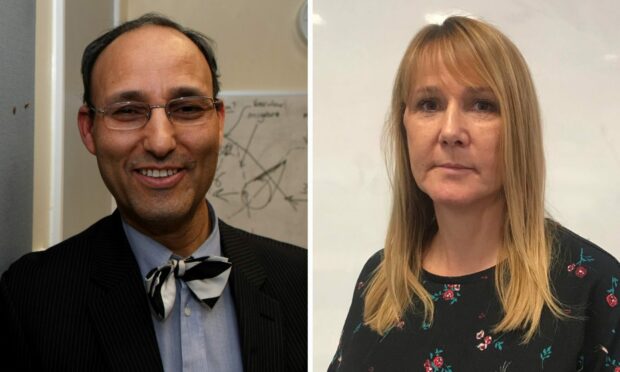
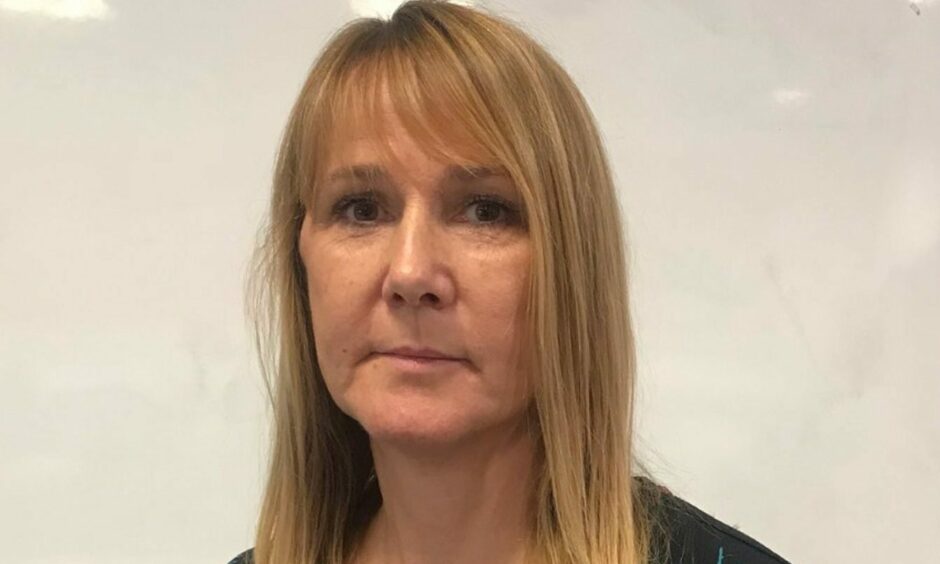
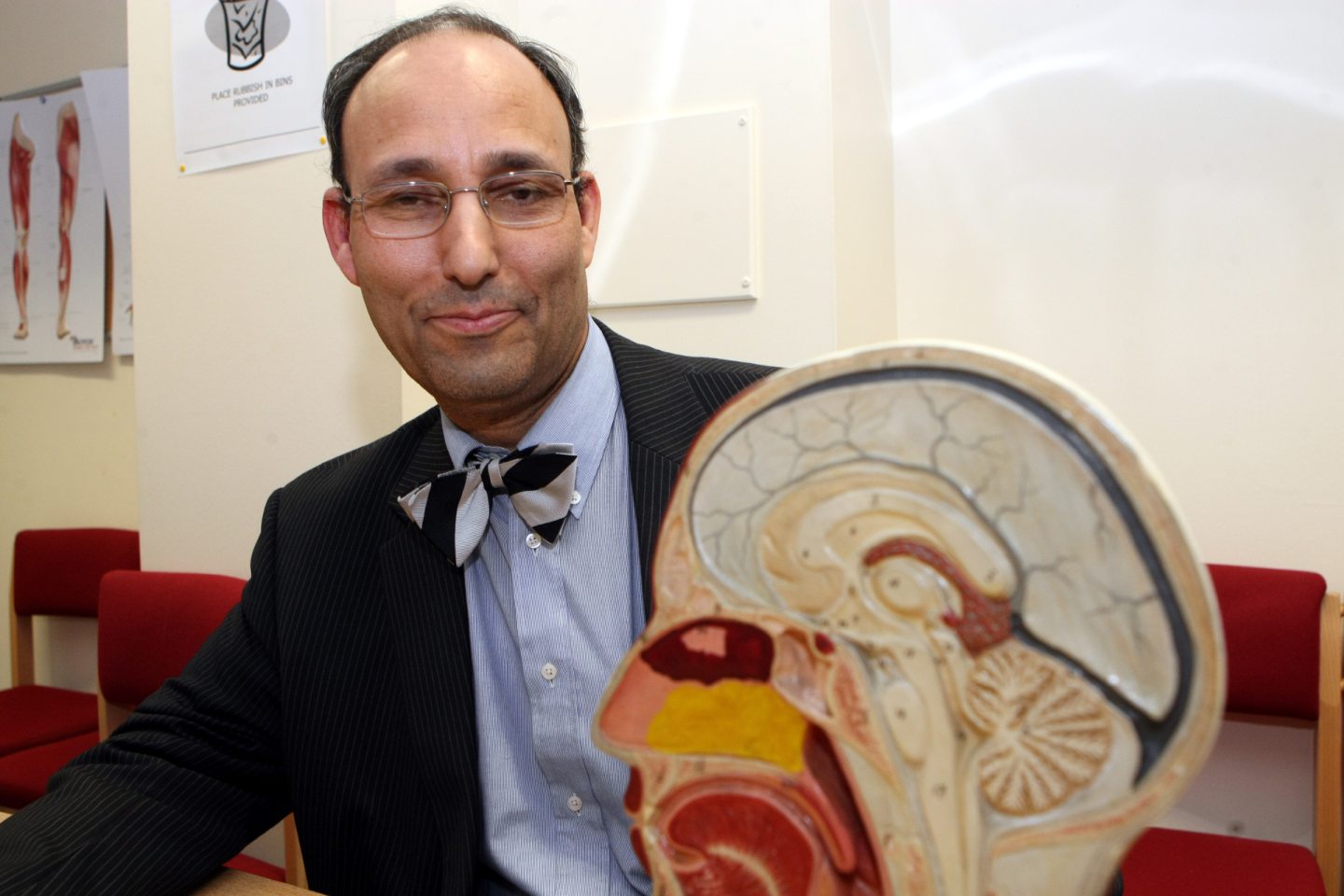
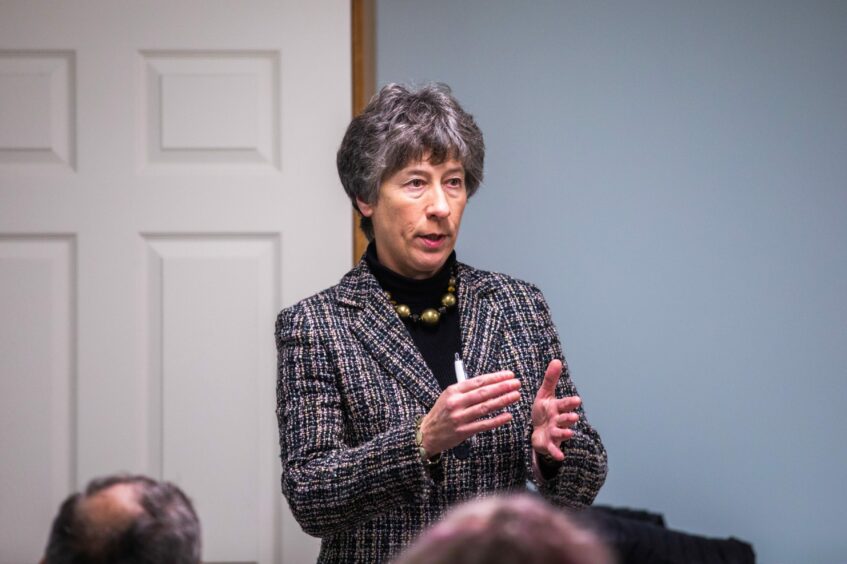
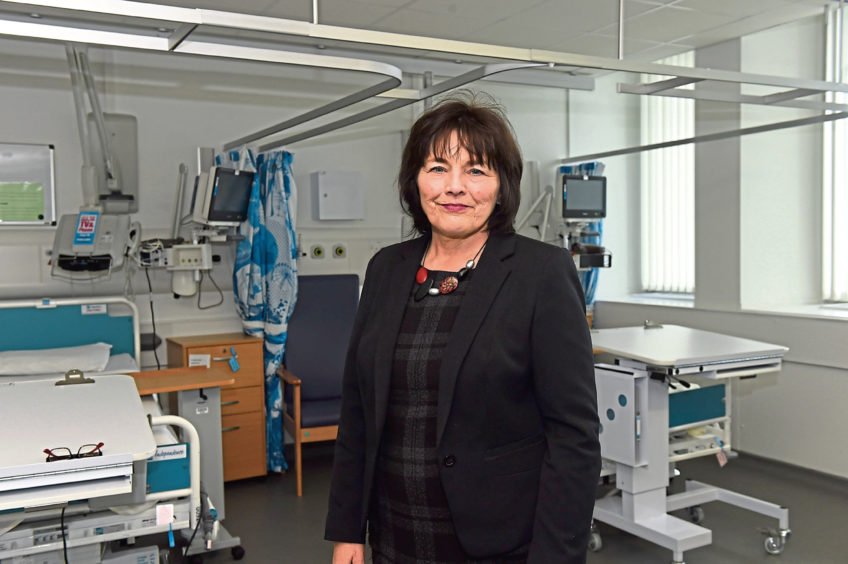
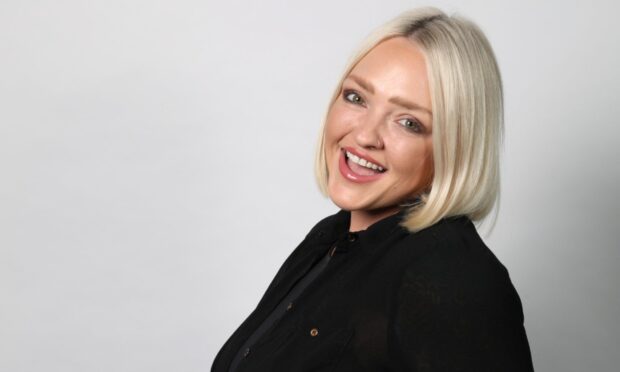









Conversation